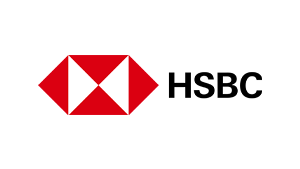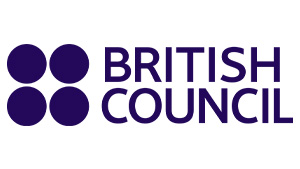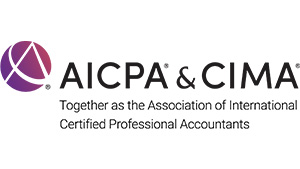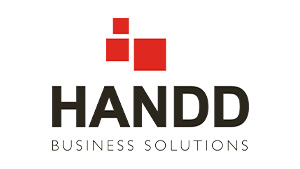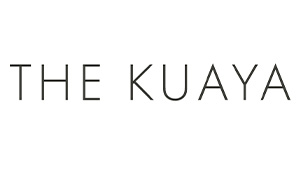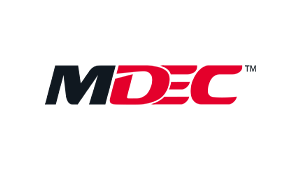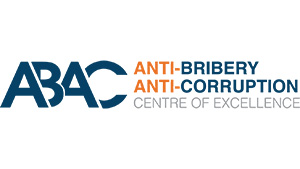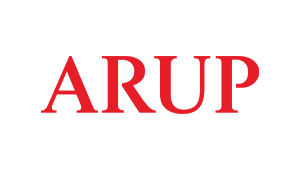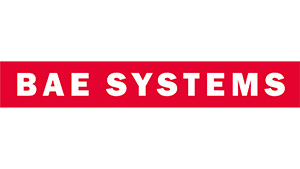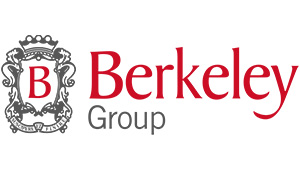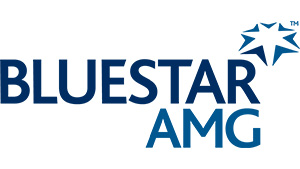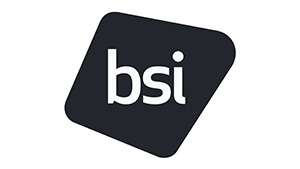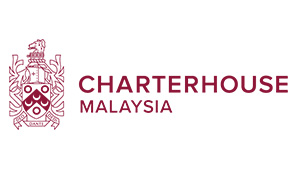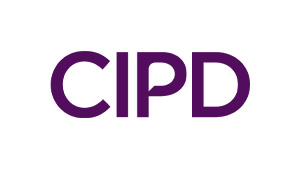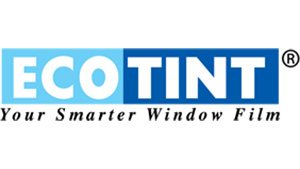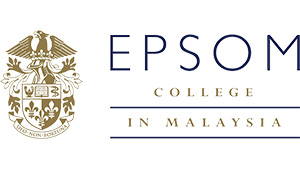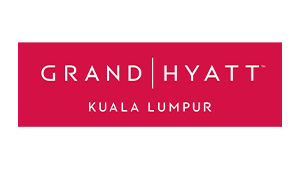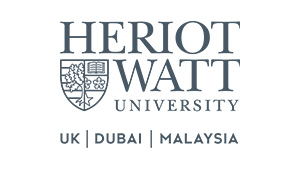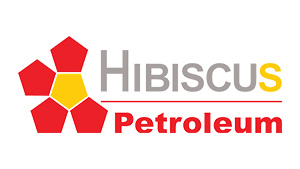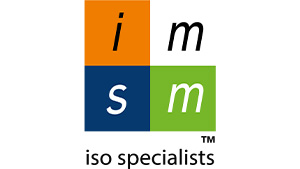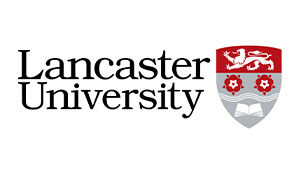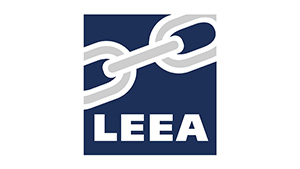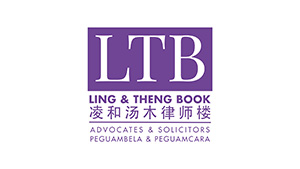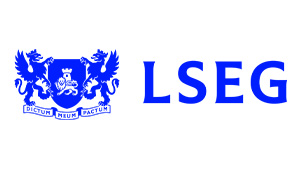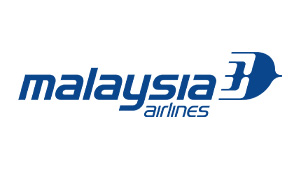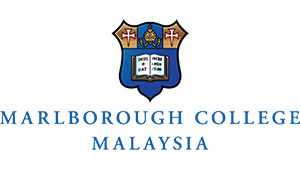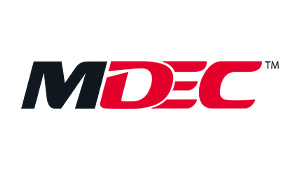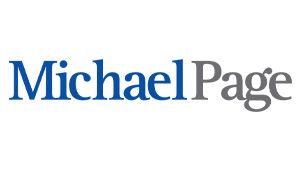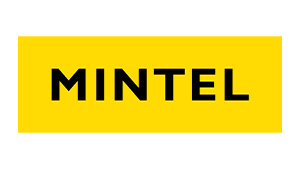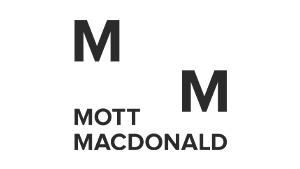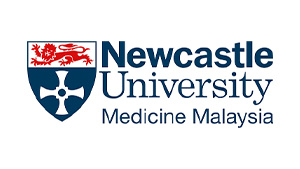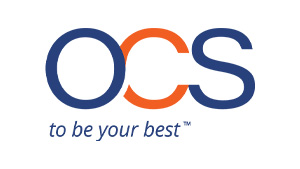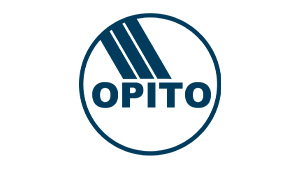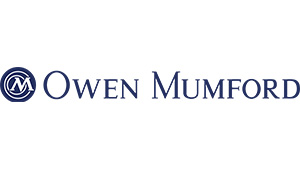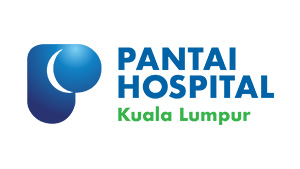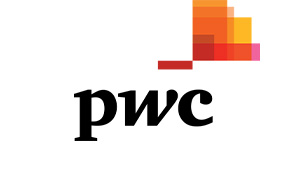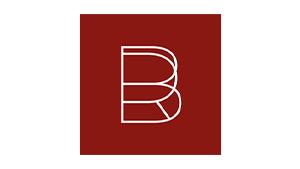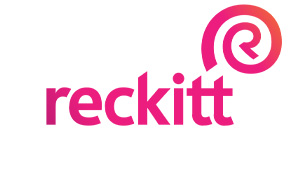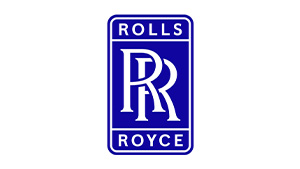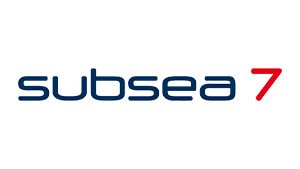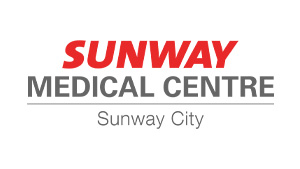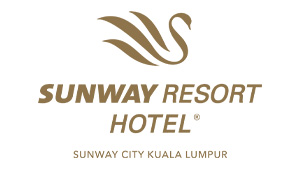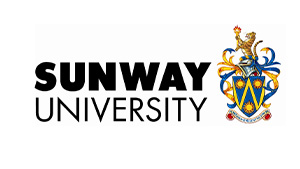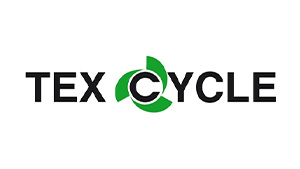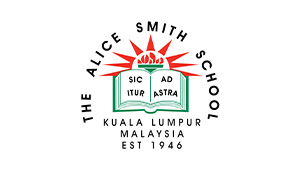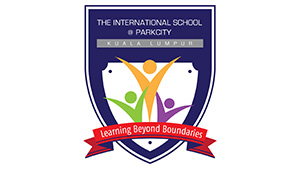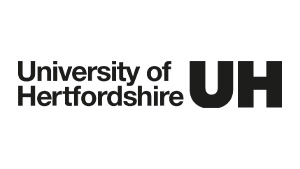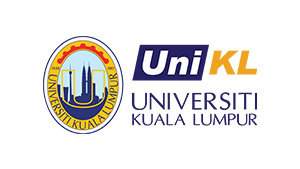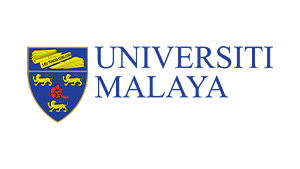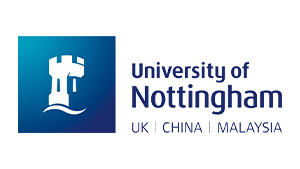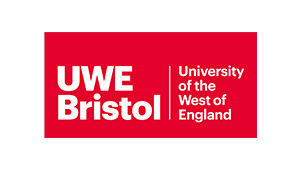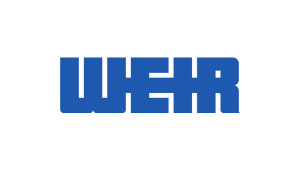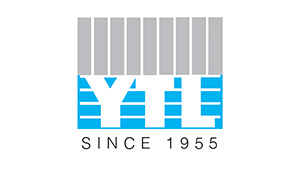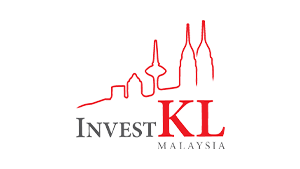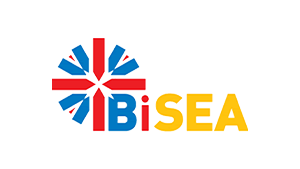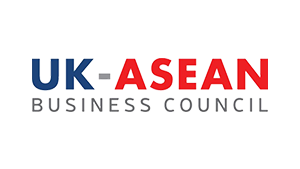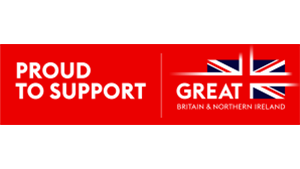
Top Glove was established in 1991 with 1 factory and 1 glove production line and has since grown into the world’s largest manufacturer of gloves commanding 26% of the global market share for rubber gloves. The company is headquartered in Malaysia, with manufacturing operations in Malaysia, Thailand, Vietnam and China; and marketing offices in these countries as well as in the US, Germany and Brazil. Top Glove currently has about 50 factories with 812 advanced production lines and a production capacity of 100 billion gloves per year; serving a growing customer base of over 2,000 across 195 countries worldwide.
What are some of your organisation’s proudest moments/milestones in Malaysia?
Over our 31 years in the glove business, we have marked many meaningful milestones in Malaysia.
We are especially proud of successfully listing on the Malaysian stock exchange, Bursa Malaysia just 10 years after we commenced business and thereafter, rapidly expanding our operations to Thailand, China and Vietnam.
FY2021 was a landmark year for Top Glove during which we achieved all-time high sales revenue of RM 16.4 billion, more than double our FY2020 sales revenue. FY2021 also saw Top Glove delivering a profit of RM 7.8 billion, which exceeded our total profit for the past 30 years.
As we continue deepening our commitment in the ESG space, we are honoured to have been included as a constituent of Dow Jones Sustainability Index (DJSI) for Emerging Markets since 2019 and in 2022, the Bloomberg Gender-Equality Index, as well as Standard & Poor’s Global Sustainability Yearbook with an Industry Mover distinction.
Describe your operations and total investments in Malaysia.
Top Glove currently has about 50 factories with 812 advanced production lines and a production capacity of 100 billion gloves per year. It is the employer of choice to a workforce of over 22,000 and is listed on Bursa Malaysia as well as on the Singapore Exchange.
Based on your overall experience of doing business in Malaysia, name the advantages and challenges of doing business in Malaysia.
Malaysia maintains a competitive advantage in view of the availability of key raw materials such as latex, nitrile and biomass supply, providing a matured and stable supply chain industry.
Another key advantage is Malaysia’s strategic location within ASEAN. Its proximity to the growing Far East markets, coupled with excellent land and sea infrastructure, enables us to serve these key markets with ease. In addition, this facilitates sourcing for some of our nitrile latex from suppliers within the region.
Malaysia also offers a relatively stable economic and political environment, which builds investor confidence and assurance in doing business here. Moreover, our education heritage, which has its roots in the British education system, has enabled the country to produce a skilled and multilingual talent pool.
Towards making Malaysia an even more attractive investment destination, we hope for a gradual reduction in Malaysia’s corporate tax rate of 24%, which is higher than that of our peers in the region. We also look forward to the introduction of more green business tax incentives to support businesses’ transition into lower carbon activities and products.
What did you do or are still doing to overcome these challenges?
Challenges are an integral part of doing business. As challenges stem from factors which are not within our control, our approach has always been to focus on what is within our control, such as improving our quality, efficiency and productivity, through R&D and advanced technology, and recruiting good people.
We also engage with authorities and provide feedback on suggested improvements towards ensuring smart and correct decisions are made, and supportive policies are implemented.
Concurrently, we continue to build a sustainable business with long-term positive impacts across the Environmental, Social, and Governance (ESG) spectrum by living out our commitment to:
- Combat climate change and restore nature
- Be a people-centric employer and responsible corporate citizen
- Hold ourselves to the highest standards of corporate governance
Most importantly, our business must be built on a strong foundation to be able to withstand challenges. To this end, we must maintain the 3 healths: mental, physical and financial. To ensure we remain mentally healthy, we must continue to uphold honesty, integrity and transparency in our business dealings. To ensure we are physically healthy, we keep practising the 5 healthy wells (clean well, eat well, work well, exercise well and sleep well). With these 2 healths in place, we are in a good position to build the third health, which is financial health.
How has your business evolved during this pandemic, especially in terms of optimisation of human and technology resources?
As with everyone else, the pandemic took us by surprise; but we pivoted quickly to ensure we kept our people safe while ensuring minimal interruption to our operations since we were classified under essential businesses and gloves were needed urgently to protect and save lives all over the world.
In the face of increased glove demand driven by the pandemic, one of the major challenges faced was manpower shortage. We were already experiencing a shortage in January 2020, and this intensified with the implementation of the Malaysian Movement Control Order (MCO) during which we were unable to hire any foreign workers because of travel restrictions.
In addition to hiring local workers, we were able to better manage the shortage of workers as we had already invested in advanced technology and projects incorporating Artificial Intelligence (AI) and Robotic Process Automation, which helped us to reduce dependency on manual labour and enabled our workers to work more efficiently. To illustrate: Workers per Million Gloves (WPM) is presently about 1.6 workers, much lower compared with 10 years ago (Year 2010, WPM: 4 workers) which is a 60% improvement in productivity over the past 10 years.
We also leveraged automation and digitalisation technology such as video conferencing for meetings and conducted factory inspections virtually, so we could continue to work safely and productively in unprecedented times.
What are the top 3 reasons for your organisation joining the BMCC?
Membership offers multiple benefits which include enhanced networking opportunities, brand exposure and business matching.
What is the top value you see for yourself or your organisation in being a member of the BMCC?
The opportunity to share experiences with fellow members, learn from one another and find ways to work together. We have always believed in forging win-win relationships as it is the best way for people, companies and countries to advance, and the BMCC provides an excellent platform to do so.
In one sentence, how would you describe your own experience or your organisation’s experience as a member of the BMCC?
Our membership has been enriching and we look forward to growing sustainably together with the BMCC and our fellow members, through knowledge sharing and mutually beneficial collaborations and partnerships.


